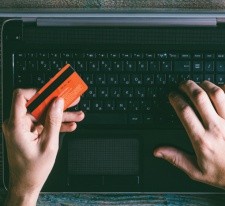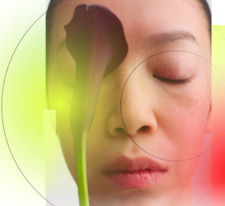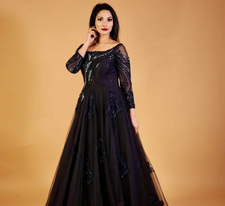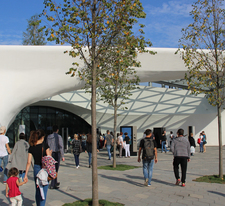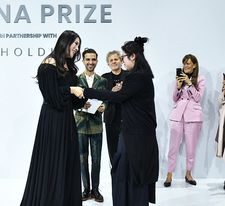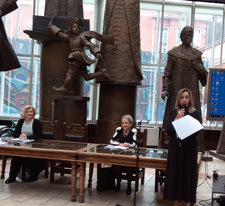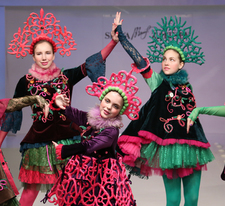Emotions in the multichannel
WHAT DO MODERN BUYERS WANT?
According to Ekaterina Stepanyuk, unrestrained consumption and possession of things is losing its popularity. According to a study by GfK Consumer Life, new trends are emerging in the behavior of buyers, which are also characteristic of Russians.
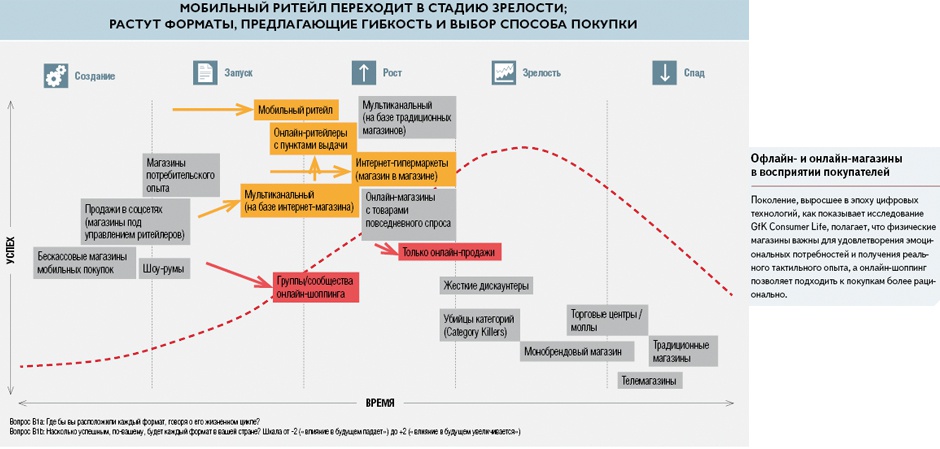
These directions reflect preferences related to the value of an interesting experience and self-identification, the desire for safety and tranquility, attention to the environment, the desire to look and feel 100% yourself, the attitude to innovation as a way to solve life problems more easily, the expectation of instant availability of goods and services thanks toFor almost a third of respondents - 28% in Russia and 27% in the world - emotional experience and experiences are more important than owning goods. Survey participants note that they are able to find novelty and pleasure in everyday life and are ready to share their impressions. The study shows that for Russians, the importance of what I have done comes to the fore, and not what I have.
The most advanced buyers began to approach the choice of goods more responsibly, giving preference to quality and value. They are critical and lose brand loyalty, refusing prestigious products and overpaying for the name. This point of view is shared by 13% of respondents to the Consumer Life survey, which characterizes the behavior of both Russian and global consumers.
Among the values of modern buyers are impressions, novelty and fun, free time as opposed to big money, pleasure with which they want to live now, believing that everything will work out in the future.
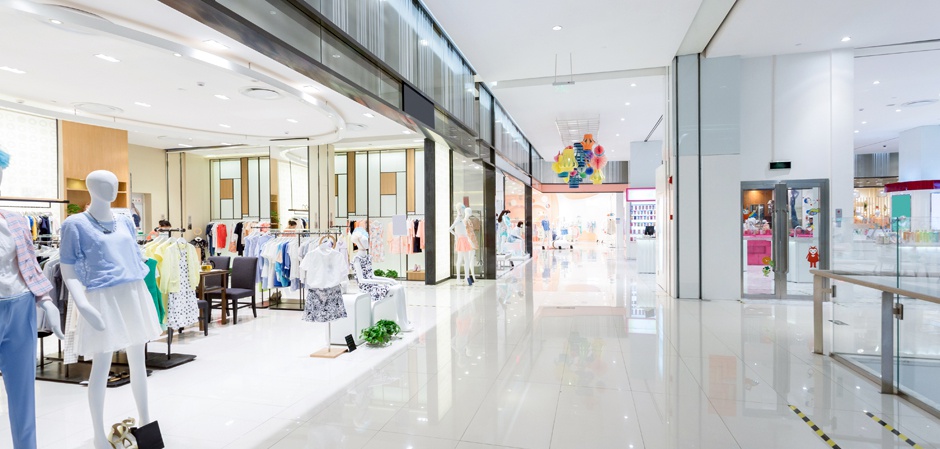
If we talk about marketing strategies, personalization is becoming increasingly popular among the youth audience. So, according to the GfK Future Buy 2016 study, the proportion of respondents aged 18-24 who like it when websites track their purchase history and recommend new things has increased significantly. Representatives of the older generation prefer to receive messages from sellers by phone.
According to GfK Future Buy 2016, survey participants note a number of advantages of conventional outlets, including: the ability to pick up a product (64%), get it faster (43%) and purchase several things at once (35%). The value of a personalized approach and communication with sellers was noted by 31% and 24% of respondents, respectively. Online shopping allows you to save money, make purchases easier and faster with a wide selection of products and a large amount of information.
BALANCE AND EMOTIONAL SHOPPING
Ekaterina Stepanyuk: "According to GfK forecasts, the growth rate of online retail in developed markets will slow down by 2020. In 5–10 years, online and offline segments will coexist in balance, their rivalry will lose its meaning. Studies show that the turnover of retail clothing in a number of European countries has been declining for several years in a row. So, over the past 5 years, the average cost of clothing in Germany has decreased from 550 to 450 euros. At the same time, the total share of retail in consumer spending, despite the growth of the Internet sector, continues to decrease. In this regard, the question arises about the long-term prospects of retail as a sector of the economy, as well as its attractiveness for investment.
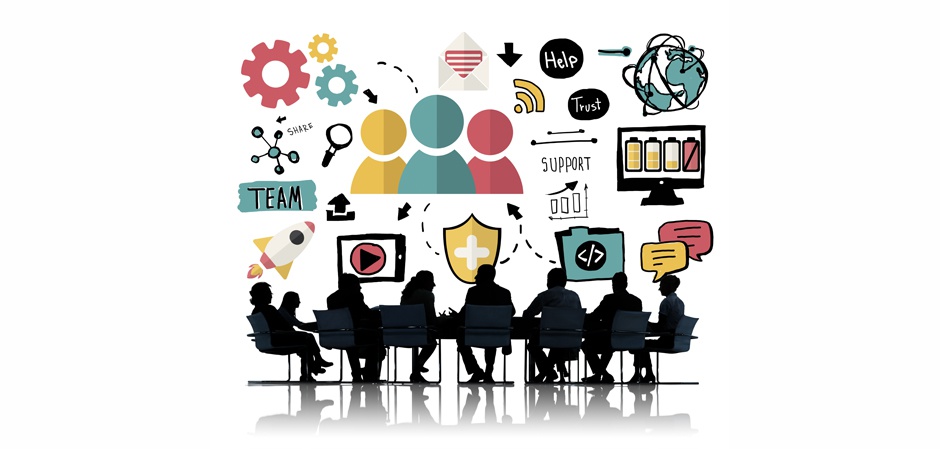
In a situation where e-commerce ceases to be the driving force of sales, the struggle for buyers will move into other dimensions. The answer is likely to be the experience economy, which, in addition to goods, services and product presentations, is able to offer a unique experience, emotions and lifestyle based on personal values and the development of relationships. Already now there is a combination of shopping with cultural and entertainment programs, product testing and customer training services, the creation of original limited collections.
Text: Elena Varnina
Photo: shutterstock.com



